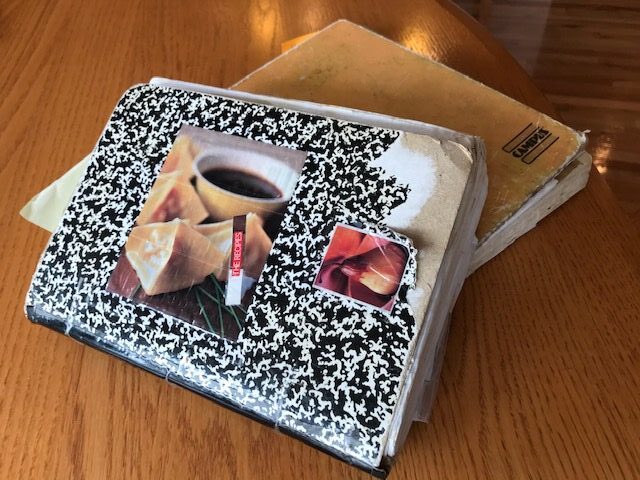I think I was around 6 when I learned that my aunt Birutė didn’t know how to swim. My father Algirdas (her brother) told me this on the drive from our house to hers one Sunday.
“No way,” I said, “I don’t believe you.”
I had been swimming since before I could remember. Swimming, to me, was like breathing. It seemed impossible not to know how to do it.
“Ask her yourself,” my father said with a shrug.
I burst through the door of her house at 66 Aberdeen Road and posed my question before even saying hello. Birutė laughed and confirmed that, yes, it was true, she didn’t know how to swim. Between the war and the DP camps, she’d simply never had the chance to learn.
The story stayed with me into adulthood. Before that day, Birutė had simply been my aunt with the beehive hairdo, immaculate house, and tidy garden – a woman without a history. But after that day, I became curious. I wanted to understand who she was. I wanted to know what kind of path had led to a life without swimming.
Swimming or no swimming, Birutė was a woman of great style and dignity. She was exacting and demanding of herself and those around her. To a child, she was even a bit scary. But as I grew, I began to see more and more evidence of a different Birutė – a devoted, loving, complicated, wounded, and generous one. I noticed how she forged strong bonds and maintained them. In particular, her late-in-life friendship with a woman named Habiba delighted me. Over the past few years, I heard stories about Habiba’s trips home to Africa, her family there, her delicious cooking, and her beauty. I know I’m not alone in my gratitude and appreciation for Habiba’s care and affection.
Birutė was the last living connection to our grandparents (for some of us, our great-grandparents, and even great-great grandparents) and to their story of tragedy and survival. She was our repository of memory and family history. She was my connection to the past and to people I wish I’d known better or lost too early. Her death has left me with a sort of ache, as if something (a limb, perhaps?) has been cut away. I will miss her always. Now that she’s gone, I will try to remember as she did, so that, when I’m old, our children and grandchildren can hear the stories of their ancestors.
Ilsėkis ramybėje, Birute. You were loved.
[Photo: simpleinsomnia]



